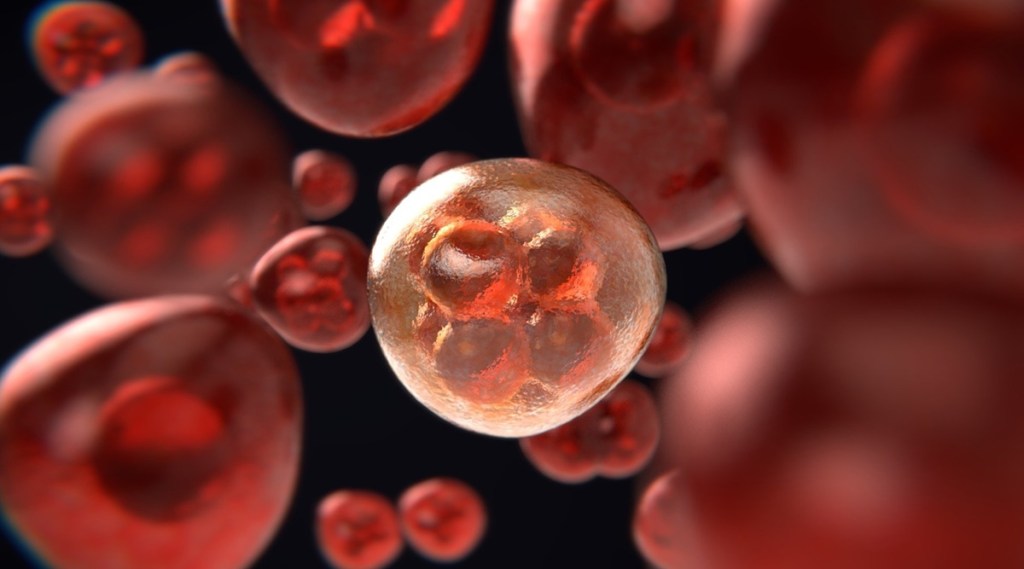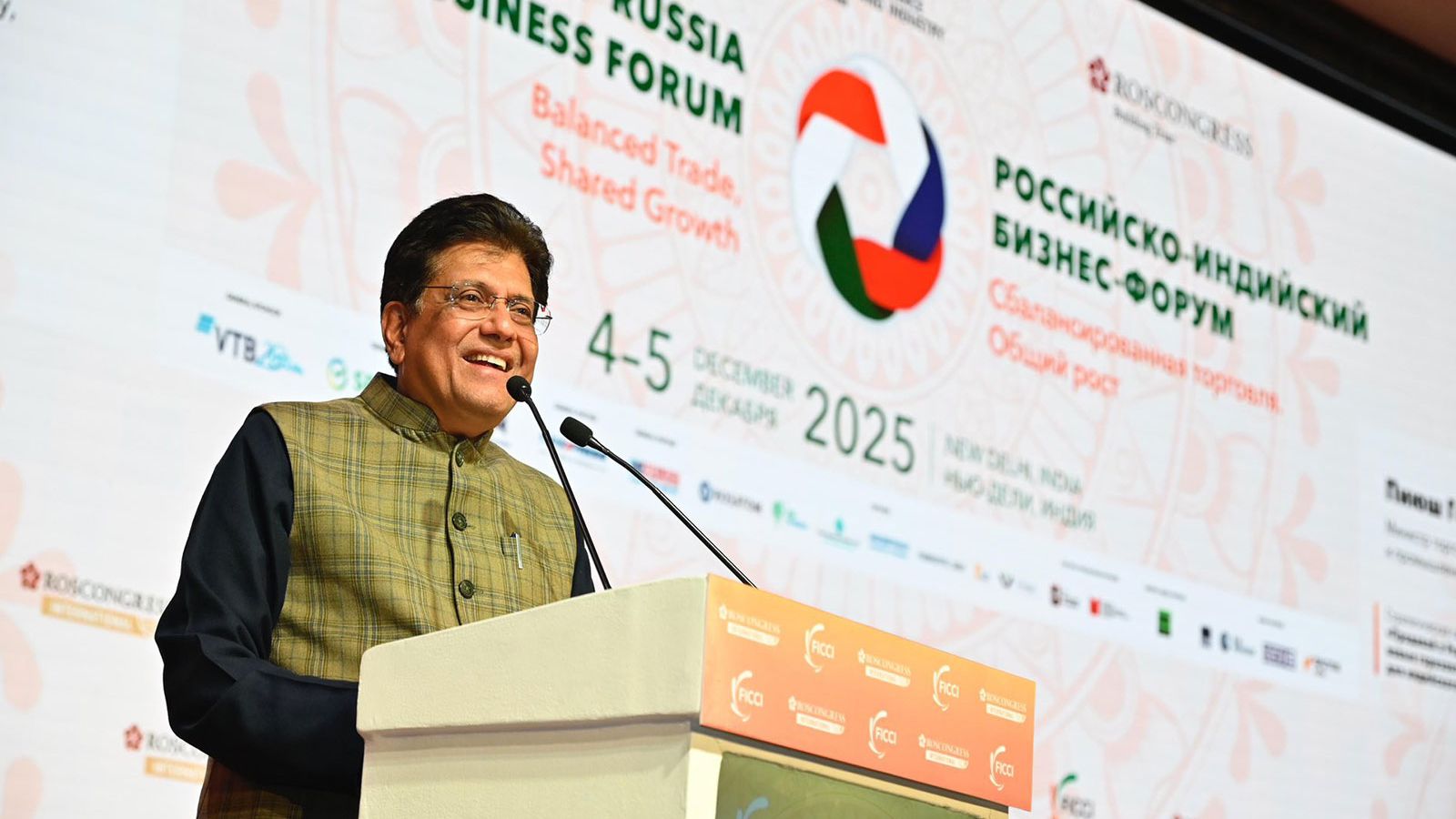Gilead Sciences Inc.’s Trodelvy failed to significantly improve survival in a trial of patients with advanced lung cancer, a blow to the targeted treatment that’s in one of the most promising classes in oncology.
Patients getting Trodelvy didn’t live significantly longer than those getting chemotherapy alone, the Foster City, California-based company said Monday in a statement. Gilead said it plans to discuss the results with regulators and will work to identify whether there are certain lung cancer patients who may still benefit from the drug.
The stock fell as much as 11% in early New York trading. It was down 8.4% at 8:48 a.m., which would be its biggest drop since April 2020. Shares of rival AstraZeneca Plc spiked higher on the news, up as much as 3.8% in London for its biggest gain in two months.
Already approved to treat some types of breast cancer and bladder cancer, Trodelvy is an antibody-drug conjugate, a medication that directly delivers strong tumor-killing doses while minimizing damage to surrounding tissues. Excitement about ADCs runs high, with big drugmakers making deals to acquire them. But another ADC similar to Trodelvy being developed by AstraZeneca and Daiichi Sankyo Co. fell short of expectations last year in lung and breast cancer patients.
Gilead’s trial included 603 patients with advanced non-small cell lung cancer who didn’t respond to other treatments like chemotherapy or checkpoint inhibitors. There was a numerical improvement in overall survival among patients with common subtypes of non-small cell lung cancer who got Trodelvy, the company said. The drug’s safety profile was consistent with prior studies.
There was a difference of more than three months in overall survival in favor of Trodelvy in a sub-group of patients who hadn’t responded to prior immunotherapy, which Gilead plans to study. The drugmaker will present data from the study at an upcoming medical meeting.
“The need for effective treatments remains urgent,” Chief Medical Officer Merdad Parsey said in the statement.
Deals for makers of ADCs and their drugs include Johnson & Johnson’s agreement to pay $2 billion for Ambrx Biopharma Inc., AbbVie Inc.’s $10.1 billion deal for ImmunoGen Inc. and Merck & Co.’s agreement to pay as much as $22 billion for the rights to sell three experimental ADCs from Daiichi Sankyo.








